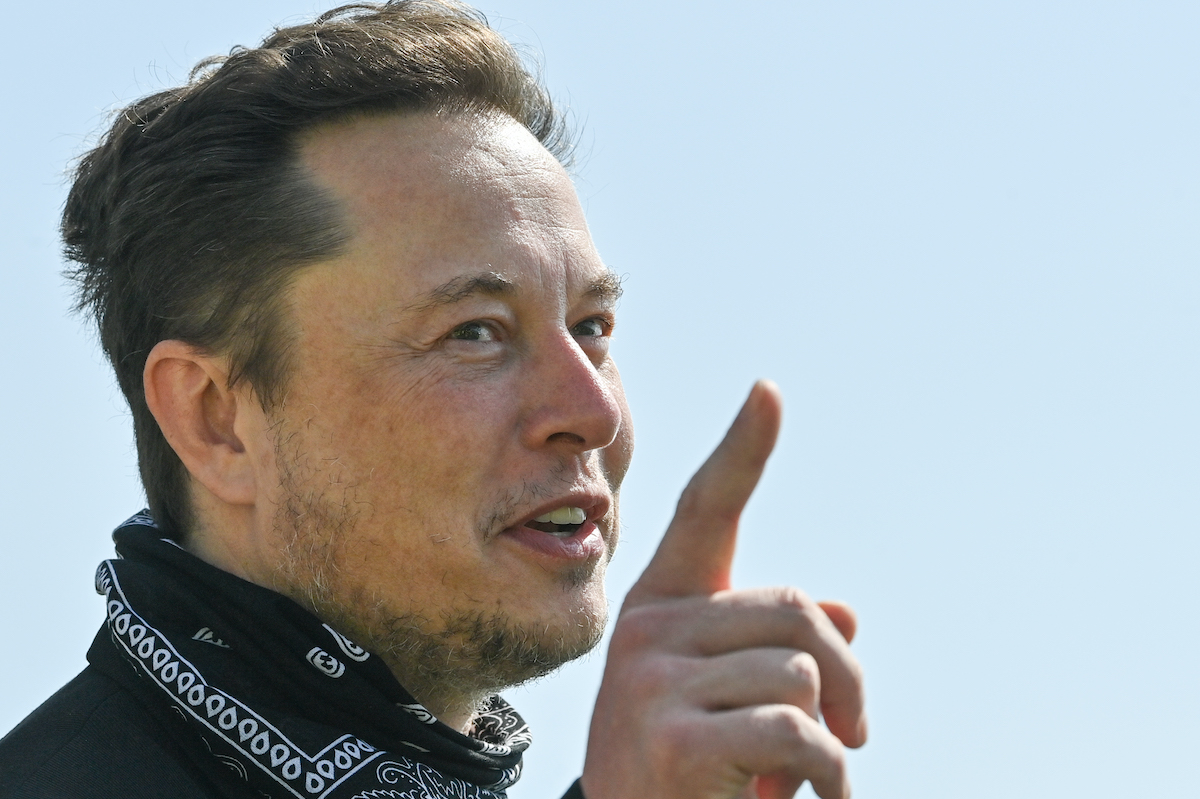Barely a week after Elon Musk accused journalists of doxxing him by reporting on the publicly available flight path of his private jet, a group of conspiracy theorists are claiming that a journalist at Vice Magazine doxxed them by reporting on their Youtube channels. But neither Musk nor the conspiracy theorists are using the word “doxxing” correctly—and chances are, they know it.
On December 20, David Gilbert of Vice reported on a group of women who devote their Youtube channels to conspiracy theories about Meghan Markle’s children. The group—which includes Markle’s own half-sister Samantha—have monetized racist attacks on Markle by using their platforms to claim that the Duke and Duchess of Sussex hired a surrogate to give birth to their children, or that the children don’t exist at all. They claim that the children should be removed from the line of succession to the British throne.
According to Vice, the Youtube channels have racked up hundreds of thousands of views, and have made around $160,000 in revenue. However, after Youtube finally took one of the channels down, livestreamer Fiona Hesketh accused Gilbert of doxxing the channel’s owner, Sadie Quinlan. Gilbert, who’s now reportedly being flooded with Quinlan’s supporters, shared Hesketh’s comments in a tweet.
Gilbert originally got Quinlan’s name from Bot Sentinel, the analytics firm that investigated racist social media campaigns targeting Markle. After the doxxing accusations, Bot Sentinel CEO Christopher Bouzy clarified that Quinlan’s name was already public information even before Bot Sentinel put together its report.
What does doxxing mean?
The term “doxxing” refers to publishing someone’s private or identifying information, like their home address, or their legal name if their public persona is anonymous. The information is usually published to intimidate someone or aid in a harassment campaign. For example, when game developer Brianna Wu (along with many others) criticized the GamerGate hate movement, her address was published and she had to flee her home due to harassment and death threats.
Elon Musk says journalists “doxxed” him when they reported on his claim that a stalker used a flight tracker to attack his son. However, even if his jet’s location had been the main focus of the media coverage, which it wasn’t, the flight paths of both private and commercial jets are published by the Federal Aviation Administration. Furthermore, even though users might know who owns a jet, flight tracking information doesn’t include a list of that jet’s passengers.
As for Quinlan, Bouzy reports that her Youtube videos prominently featured her face before the channel was taken down. Plus, her Instagram page displays her legal name. Quinlan can’t credibly claim that she was trying to stay anonymous.
So why are Quinlan and Musk insisting that they’ve been doxxed? Don’t they know what that word means?
Why right-wingers and conspiracy theorists claim they’ve been doxxed
It’s impossible to get into the heads of individual billionaires and hate group members, of course, but on a broad scale, falsely accusing journalists and investigators of doxxing accomplishes two things.
The first thing it achieves is making ordinary journalism—or, in Bot Sentinel’s case, hate group tracking—look like stalking or assault. A free press is one of the biggest threats to public figures behaving badly, so Musk, Quinlan, and other public figures have a vested interest in controlling the narrative around their activities as much as possible. Eroding their followers’ trust in the media helps them maintain that control.
The second thing these accusations achieve is less immediately apparent but just as insidious. When the word “dox” starts to mean anything powerful public figures want it to mean, then victims of real doxxing have a harder time telling their stories. When Meghan Markle needs to go into hiding because of death threats, while Quinlan is upset because critics know her name, then collapsing both instances into the same level of harm allows Quinlan to keep painting Markle as an adversary, instead of a target.
When someone claims they’ve been doxxed, take a moment to ask if their claim fits the criteria. Was their private information published? Are they in any danger? If they’re still comfortably pumping out racist attacks or destroying a major social media company, chances are they’re playing you.
(featured image: Patrick Pleul – Pool/Getty Images)










Published: Dec 22, 2022 02:06 pm